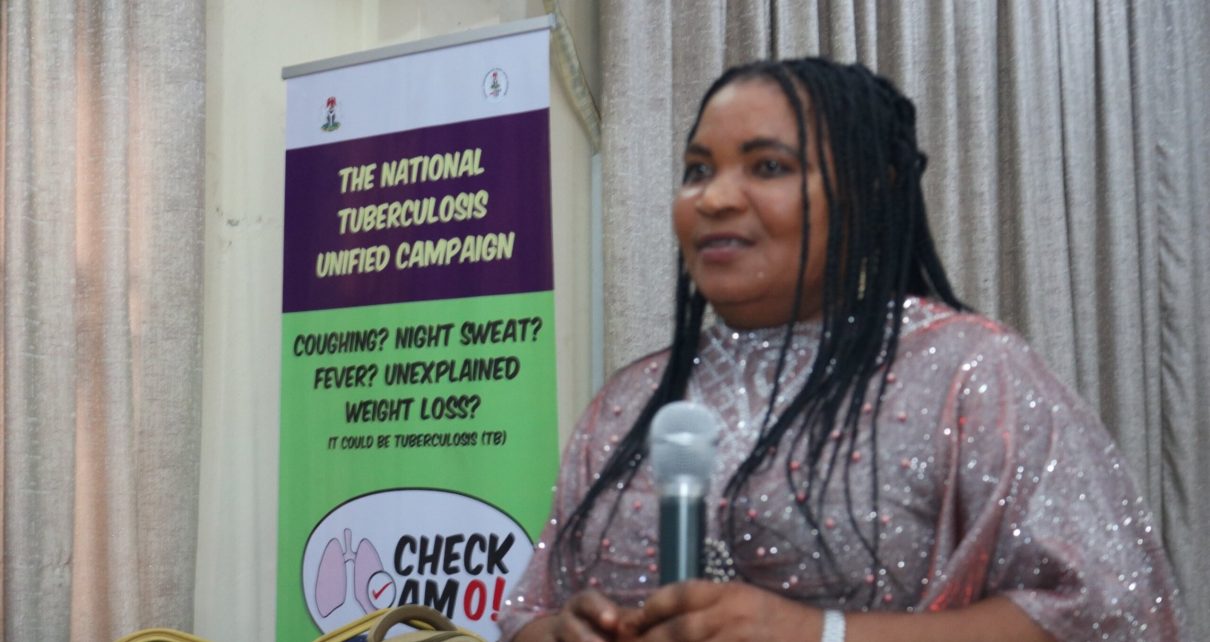Mrs. Stella Ekeh, Technical Trainer, National Tuberculosis and Leprosy Control Programme (NTBLCP), has identified stigmatisation, discrimination, and lack of awareness as factors contributing to the high burden of Tuberculosis in Anambra.
Ekeh made the assertion at the ongoing media engagement on Friday in Awka, organised in partnership with Breakthrough Action-Nigeria and funded by the United States Agency for International Development (USAID).
She described stigmatisation as an act to label someone and set him apart from others resulting in discrimination on grounds of his disease or health condition.
According to her, stigma and discrimination make it more difficult for TB patients to seek care, and start or continue treatment.
“The fear of being identified as a TB patient makes it difficult for people with a cough of two weeks or more, who suspect they may have TB to seek care at the hospital.
“This may lead to a delay in seeking care, the person may develop more serious symptoms and more likely to transmit the disease to more people.
“There are lots of missing cases in Anambra because of stigma and lack of awareness on how to access care for TB, ” she said
Eke said that treatment for drug-sensitive TB last for six months for all types except for TB of the bone, joint, meninges, and milliary TB which lasts for 12 months.
She urged the media to spread the message that TB patients should adhere to their treatment to prevent drug-resistant TB, saying that adherence to treatment is key to total recovery.
“The media also need to educate residents on how TB is transmitted, that TB is not a death sentence, and that patients get completely cured if they complete their drugs.
“People need to be aware that TB testing and treatment are free. Residents should call the toll-free line – 3340 to report cases and for prompt action.
“The goal is to prevent TB, when prevention fails, treat promptly and properly to avoid drug-resistant TB, disability, and death,” Ekeh said.
Also speaking, Mr Iheanacho Oji of Breakthrough Action-Nigeria, urged the media to write human-angle stories on TB to appeal to people’s emotions, provoke their thoughts about TB and make them improve their health-seeking behaviour.
TB is an airborne disease caused by a bacteria called “Mycobacterium tuberculosis” which usually attacks the lungs and could also damage other parts of the body.
The disease spreads through the air when a person with tuberculosis of the lungs or throat coughs, sneezes, or talks.


